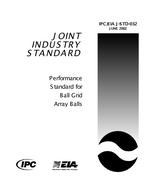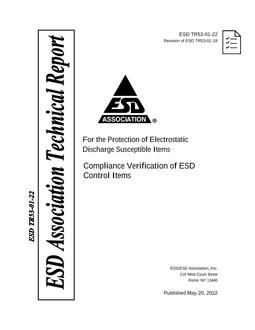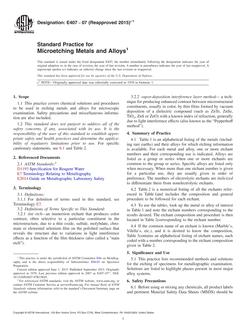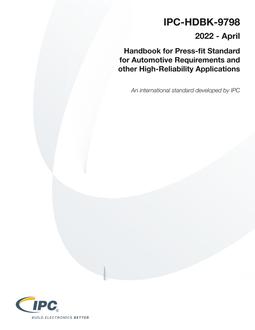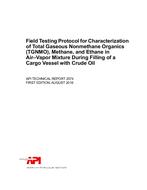
API TR 2574 PDF
Original price was: $114.00.$68.00Current price is: $68.00.
Field Testing Protocol for Characterization of Total Gaseous Nonmethane Organics (TGNMO), Methane, and Ethane in Air-Vapor Mixture During Filling of a Cargo Vessel with Crude Oil, First Edition
| Published by | Publication Date | Number of Pages |
| API | 08/01/2016 | 56 |
API TR 2574 – Field Testing Protocol for Characterization of Total Gaseous Nonmethane Organics (TGNMO), Methane, and Ethane in Air-Vapor Mixture During Filling of a Cargo Vessel with Crude Oil, First Edition
This document provides a standardized testing protocol for the measurement of volatile organic compounds (VOC) as total gaseous nonmethane organics (TGNMO), methane, and ethane, from the air-vapor mixture that is expelled during filing of a cargo vessel with crude oil. It utilizes a modified version of U.S. EPA Federal Reference Method 25 (FRM 25) to characterize the concentration of TGNMO, methane and ethane. While the field testing in support of this protocol was performed only for the loading of crude oil into barges, the method could be suitable for loading of any volatile organic liquid into any type of vessel or compartment from which vapors are exhausted through a single vent opening where the field sampling can take place.
The characteristics and composition of the air-vapor mixture expelled from a cargo vessel into the atmosphere during filling with crude oil is dependent upon the characteristics of the crude oil, including such variables as volatility, temperature, etc. The changing characteristics of the exhausted air-vapor mixture can affect the application of FRM 25 in quantifying the concentration of TGNMO, methane, and ethane in the air-vapor mixture. This field testing protocol provides guidance on utilizing various configurations of FRM 25 in the characterization process such as time-integrated sampling and periodic acquisition of instantaneous samples during the filling process.
When carbon dioxide (CO2) and water vapor are present together in the air-vapor mixture, they can produce a positive bias in the sample. The magnitude of the bias depends on the concentrations of CO2 and water vapor. Guidance is provided on determining the magnitude of the bias and whether it is significant.
Product Details
- Edition:
- 1st
- Published:
- 08/01/2016
- Number of Pages:
- 56
- File Size:
- 1 file , 3.1 MB
- Product Code(s):
- H257401, H257401, H257401
- Note:
- This product is unavailable in Russia, Cuba, Syria, North Korea, Ukraine, Belarus, Iran

